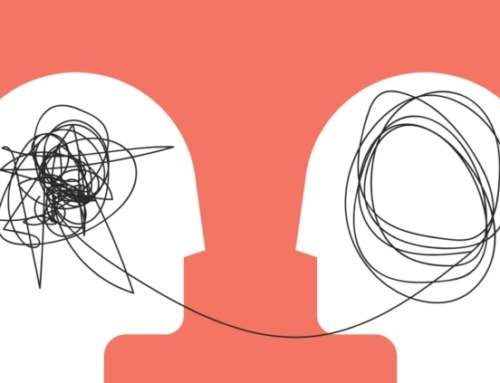I recorded a video Friday that I invite you to watch. Follow this link to our Beat The Boards! Blog to watch it and find other exam-friendly advice. It’s a draft video of a topic I’m focusing on – how to study more effectively. I’d like to get your feedback. I’ll then re-record the video with updates.
In short, I focus on the Landscape of Knowledge. I categorize new information we learn into three tiers of understanding: data, information, and knowledge. Data are individual pieces of information that remain unanalyzed and in isolation, such as a single criterion for a DSM-5 disorder. Information comprises several or several hundred data points that are understood in terms of 1) their individual properties and boundaries and 2) its relation to other data points. An example would be the diagnostic criteria for major depressive disorder. And knowledge is when the new information learned is understood in terms of everything we already know. Thus, data are incorporated into an informational structure that are incorporated into a knowledge structure. These points may seem abstract but in the video I present concrete examples of putting this approach to use in learning more effectively.
I also make the point that a weak approach to learning can give a false sense of having mastered the material that in fact has not been deeply mastered. This (weaker) approach is based on reviewing new learning material over and over in a bid to memorize it, but without taking the additional steps of assessing its properties and boundaries and it relationships with other data. Simply, by repeatedly reviewing (rereading or relistening) learning material, we become familiar with it. When we read or listen to it one more time, we react, “Oh yeah, I already know this. I’m good.” But familiarity with material, as a form of recognition, differs from understanding the material. Understanding is arrived at by analyzing the learning material to “own it,” to incorporate it into one’s knowledge base and, subsequently, to be able to use it in unfamiliar circumstances. And when we take an exam most of the questions are new to us. Even when built on information we know, the precise clinical scenario and/or wording will be new. Many such exam questions can only be answered if they are understood in terms of one’s wider knowledge base.
Please take a view and let me know what you think and how I can help more. Thanks.
Dr. Jack
LanguageBrief
Today’s Quotes
“Live as if you were to die tomorrow. Learn as if you were to live forever.”
Mahatma Gandhi“Any fool can know. The point is to understand.”
Albert Einstein“You need to learn how to select your thoughts just the same way you select your clothes every day. This is a power you can cultivate. If you want to control things in your life so bad, work on the mind. That’s the only thing you should be trying to control.”
Elizabeth Gilbert






